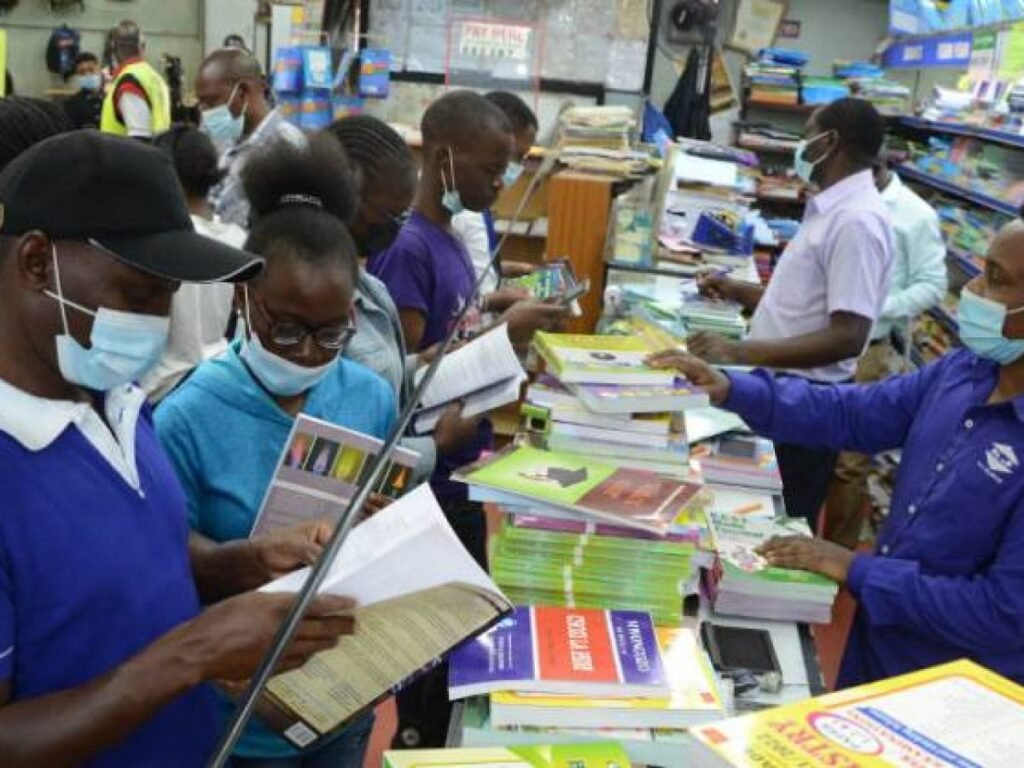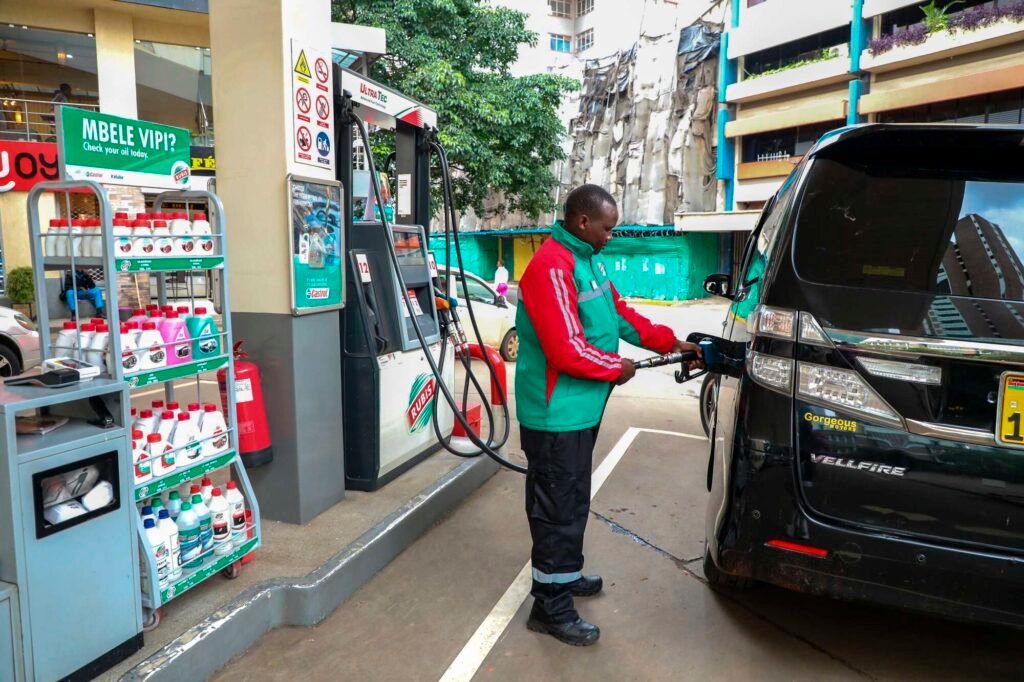General News
287 New Cases As 157 Recover From Covid-19

Kenya on Monday recorded 287 new Covid-19 cases in the last 24 hours, from a sample size of 2, 699, with the positivity rate now at 10.6%.
From these cases, 280 are Kenyans while seven are foreigners, with 170 being males and 117 being females.
Age wise, the youngest is a three-month-old infant while the oldest is 89 years old.
This now brings the total number of positive cases to 182,884, and the cumulative tests so far conducted are 1,945,736.
In terms of recovery, 152 patients have recovered from the disease, with 84 from the home based and isolation care while 68 are from various health facilities.
The total number of recoveries in the country stands at 124,588, with 90,074 from home based and isolation care while 34,514 are from various health facilities.
On a sad note, the country has lost 17 patients to the disease in the last 24 hours, all of them being late deaths reports arising after conducting facility record audits on diverse dates in the months of April, May and June.
This now brings the total number of fatalities to 3,612.
A total of 1,062 patients are currently admitted in various health facilities countrywide, while 6,730 patients are on home based isolation and care.
101 patients are in ICU, 33 of whom are on ventilatory support and 45 on supplemental oxygen. 23 patients are on observation.
Another 116 patients are separately on supplementary oxygen with 102 of them in general wards and 14 are in High Dependency Unit.
As of Monday, a total of 1,293,004 vaccines have so far been administered across the country.
Of these, total first doses are 1,003,204 while second doses are 289,800.
The uptake of the second dose among those who received their first dose is at 28.9% with the majority being males at 56% while females are at 44%. Proportion of adults fully vaccinated is at 1.11%.
The uptake of the second dose by priority groups is as follows: health workers 68,688, aged 58 years and above are 84,855, others category are 78,309, teachers are 36,167 while security officers are at 21,781.
General News
IMF Criticizes Kenya’s Fuel Subsidy Re-Introduction, Warns of Budget Distortion

The International Monetary Fund (IMF) has criticized Kenya for re-implementing the fuel subsidy scheme, expressing concerns that the lack of funds to pay oil marketers could distort the budget.
Despite a previous commitment by President William Ruto in 2022 not to subsidize pump prices, the government reintroduced the subsidy, preventing petrol and diesel prices from reaching higher levels in October 2023.
The IMF argues that the subsidy was applied without available funds, as the Treasury has yet to pay oil marketers at least Ksh9 billion ($55.6 million) accumulated from the previous year. President Ruto’s decision to reinstate subsidies goes against conditions set by the IMF for accessing loans.
Petrol and diesel prices, which were Ksh217.36 ($1.34) and Ksh205.47 ($1.27) respectively in Nairobi in October 2023, remained lower than the potential Ksh220.43 ($1.36) and Ksh217.11 ($1.34) due to the subsidy. However, the IMF disapproves of the decision, emphasizing that the removal of the subsidy was a key condition for a 38-month budget support scheme.
The IMF criticizes the prolonged process of forming a taskforce and delays in implementing decisions regarding fuel pricing.
The removal of the subsidy in May of the previous year led to record-high pump prices, crossing the Ksh200-mark later in the year due to a combination of subsidy removal and a VAT increase to 16 percent.
Kenya’s administration, faced with rising fuel costs, chose to reinstate the subsidy, prompting the IMF to raise alarms over the lack of budgeted funds and potential distortions in the country’s financial plans.
The ongoing disagreement highlights the challenges and consequences associated with balancing domestic economic policies and meeting international financial commitments
General News
Parents in Meru County Turn to Second-Hand Books Amid Economic Hardships

As the back-to-school rush season unfolds in Meru County, a growing number of parents are making a strategic choice to purchase second-hand books for their children.
This decision stems from the challenging economic conditions that have prompted families to seek ways to cut costs.
Among these parents is Ms. Prisca Gakii, who revealed that opting for second-hand books allows her to save money, which can then be allocated towards essential expenses like school fees.
She highlighted a practical advantage for Form-One students, emphasizing that using older books can protect them from potential theft, as new books often become targets for less scrupulous classmates.

Ms. Gakii pointed out a notable price difference, citing an example of a new Oxford dictionary priced at almost Sh1,900, compared to a used one available for Sh1400.
She justified her preference for the older but more affordable option, emphasizing that they contain the same content.
Janet Wamuyu, a second-hand books trader, shed light on the lucrative nature of their business during the opening of the first term, which coincides with the peak season.
As learners transition to new grades or classes, there is a heightened demand for various books, including dictionaries, Kamusi, and Golden Bells.

Wamuyu explained that this period, especially when Form-One students are joining school, facilitates easy acquisition of books for new stock.
The trading process involves exchanging books for the next grade or class at a lower rate, providing an economical alternative for parents instead of purchasing an entirely new set of books.
She further noted that their source of new stock comes from parents whose children have completed their studies and no longer require the books.
Despite the success during the peak season, Wamuyu acknowledged the challenges faced during other times of the year when only a few revision books are in demand, highlighting the cyclical nature of the business in Meru County.



























